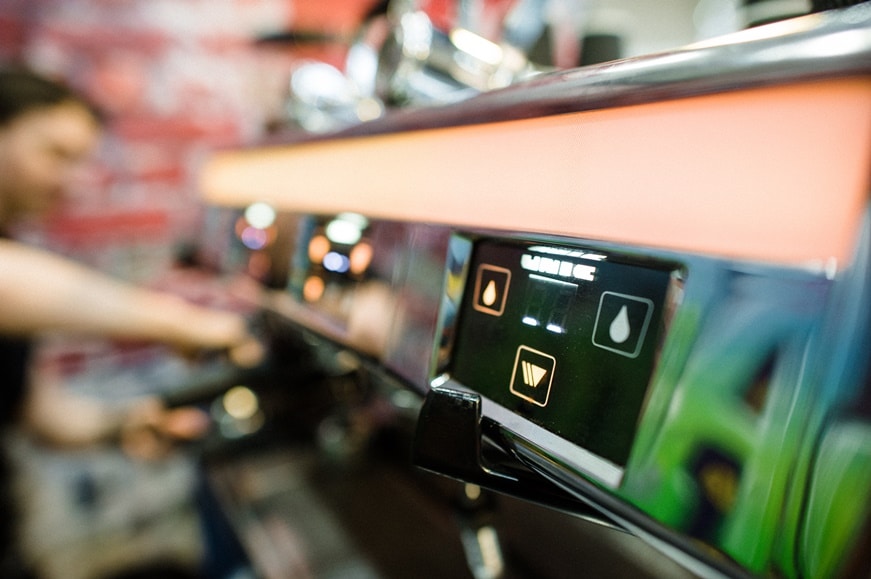Hybrid Hospitality
There is no denying that our industry is one of great change – and regular great change at that. For many in the industry, the growing consumer demand for flexibility and reinvention of traditional meal times and food offerings has resulted in a need to reassess the traditional way of running a business. Learning how to maximise your offering is key, and whilst ‘brick and mortar’ retail stores are being forced into online avenues, hospitality businesses are having to re-define their offering and take full advantage of what their space has to offer.
For many, it’s no longer about a single value proposition. A wine bar, which eponymously would serve wines and usually a small range of dishes during the evening, may now grow to open earlier and serve coffee from the same space until the evening crowd arrives. Similarly, many coffee shops can be expected to serve a side of Prosecco at 12pm or earlier if a champagne breakfast is in order, with more substantial meals into the evening. This merging of two offerings is becoming increasingly common, and as such, hybrids are becoming hubs of hospitality.
From the understanding that your customers want different things at different times, a business owner can combine the best of both worlds – and reap the rewards. Your customers already love your location and what you do, so why not give them more of it?
What’s happening in Melbourne?
Marion, a wine bar situated in Melbourne’s Fitzroy is esteemed for its impressive wine list. However, on weekends you can visit Marion for breakfast, stay for lunch, have a glass of wine in the evening and then even take a bottle home with you for dinner. Changing faces between morning and night but all hosted in the same venue – Marion typifies what so many hospitality businesses are capable of doing.
The wine bar and restaurant hybrid has also grown auspiciously throughout Melbourne – think Kirk’s Wine Bar, Smithward as well as Prohibition Food and Wine. The love affair with a delicious wine in a cosy atmosphere is expanding to include cuisine from the litany of the city’s greatest chefs and it’s proving a big success.
And Sydney?
There are more simple hybrids – for example Stop Valve Espresso Workshop in Sydney’s Darlinghurst area is buzzing every morning with takeaway coffees and breakfast orders. However, hit 12pm and it’s a fully licensed venue, offering the choice of a beer instead of a long black. Another coffee hub, Sydney’s Flour and Stone, is a bakery that produces en masse for markets and catering clients, but it’s also an established coffee shop with regulars picking up their daily dose of caffeine and favourite breakfast.
As a restaurant or café owner, discovering the real value of your business is not just about doing what you normally do well, but realizing other opportunities too. Utilising space beyond its initial definition is the first building block to a hybrid business model. While employing an interior designer could help, no one will know your space better than you do – have you noticed customers gathering in a certain space at certain times of the day? Or are they stopping for coffee literally two doors down when your doors are closed?
It can be about subtlety too – putting stools in place of larger chairs to facilitate a more relaxed atmosphere or adding higher end snack foods to the menu to whet the appetite of potential customers. Bars that buzz from 6pm could offer late afternoon coffee options – servicing the business men and women whose days morph from long afternoons to even longer evenings with ease.
Transitioning to a hybrid model of business has the potential to transition your business from one that customers stop in at for just one purpose – to one that serves many, to many more people.
Register online for free entry to Fine Food Australia today for your opportunity to network with leading experts in the industry.
-
Stay up to date with the latest news, industry insights and Fine Food Australia updates.
- Subscribe
